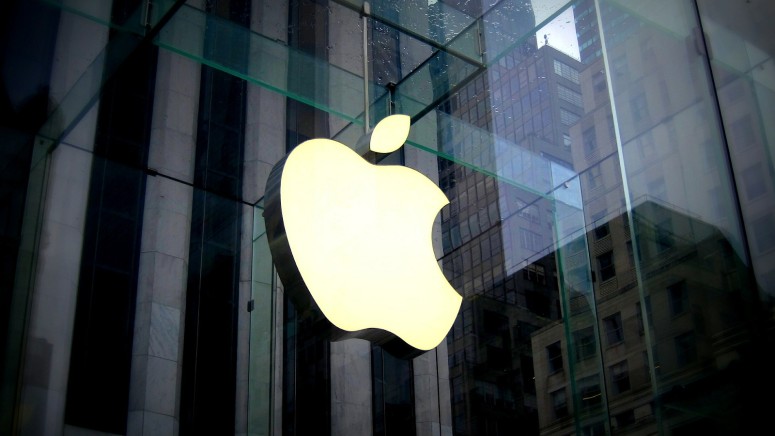
U.S. Court Issues Permanent Injunction Order Compelling Apple to Offer Alternative Payment Options
- Apple is pressed by a ruling to allow app developers to charge users on external systems, losing its 30% cut.
- The company was not deemed to be following anti-competitive practices, nor has it been categorized as a monopoly.
- It is now time for lawmakers to step in and fix the gaps that are the result of obsolete antitrust laws.
The U.S. Federal Court in the Northern District of California has issued a permanent injunction which compels Apple to open up its payment options for all software distributed through the App Store, essentially giving up its 30% cut. This is the first major result in the legal battle between Epic Games and Apple, which erupted after the former decided to unilaterally direct users to its own payment channel and the latter terminated their developer account and removed its software from the App Store.
The key part in the one-page injunction is the following:
Apple Inc. and its officers, agents, servants, employees, and any person in active concert or participation with them, are hereby permanently restrained and enjoined from prohibiting developers from:
- (i) Including in their apps and their metadata buttons, external links, or other calls to action that direct customers to purchasing mechanisms, in addition to In-App Purchasing.
- (ii) Communicating with customers through points of contact obtained voluntarily from customers through account registration within the app.
One of Epic’s requests that the judge, Yvonne Gonzales Rogers, didn’t approve, was to forbid Apple from charging commissions when its payment system is used, so the company may continue to get its cut. The same applies to forcing Apple to allow third-party stores in the iOS, so that’s not happening either. Apps that are ready to provide their own payment portals right away may benefit for a while based on the ruling, but what happens in the long term remains to be seen.
On the aspect of proving that Apple follows a monopolistic approach in its business strategy and abuses its position in the market, which was Epic’s main goal, the judge stated that “Success isn’t illegal, and having extraordinarily high profit margins isn’t proof of antitrust conduct.” Also, Apple’s mobile gaming transaction market share of 55% was characterized as considerable, but not dominating.
In summary, the ruling is somewhat hollow, and Apple’s legal team will certainly go for an interpretation that suits the company's interests, which is to change almost nothing in the way the App Store works. Some media are presenting it as a win for Epic, but in reality, it’s far from it. What law experts comment on the ruling is that the problem lies in the antiquated nature of antitrust laws, so the solution cannot come in courts but law-making halls.






